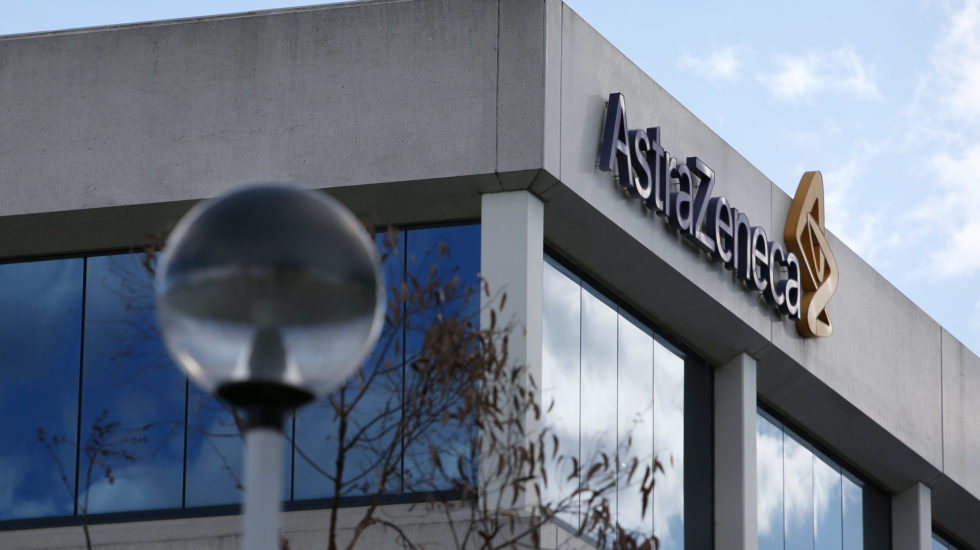Cases of Covid-19 are falling in the U.S., but there are alarming spikes across the world that are triggering humanitarian crises in places like India, Brazil, and Turkey. On Monday, the Biden administration pledged to help by sending 60 million doses of the AstraZeneca vaccine to other countries.
The U.S. has one of the highest vaccination rates in the world, even though American regulators have not approved the AstraZeneca shot. Still, the federal government’s stockpile contains 10 million doses. Up to 50 million more are in various stages of production.
Now they’ll be used to aid countries that need them the most. For the past five days, India has established – then surpassed – the world record for most daily cases. Oxygen is in short supply and hospitals are overloaded.
The New York Times provides important context on America’s generosity:
The announcement came after Mr. Biden spoke with Prime Minister Narendra Modi of India and the two pledged to “work closely together in the fight against Covid-19.” It is a significant, albeit limited, shift for the White House, which has until now been reluctant to make excess doses of coronavirus vaccine available in large amounts.
Global health groups said the commitment was not nearly big enough. And it comes with a catch: The AstraZeneca doses were made at a Baltimore plant, owned by Emergent BioSolutions, where production has been halted amid fears of contamination. As part of a continuing safety review of the plant, the Food and Drug Administration will have to certify that the doses meet the United States’ standards for safety and quality.
According to Axios, “the U.S. is one of the world’s four major producers of coronavirus vaccines — along with China, India and the EU — and the only one that has not exported a significant number of doses.”
“The Biden administration’s decision to begin sharing AstraZeneca vaccines is welcome news and an important first step towards the US sharing more of its massive vaccine stockpile,” Tom Hart, the acting CEO at The ONE Campaign told the Associated Press. “The Biden administration should build on this welcome first step and start sharing more vaccines as soon as possible.”
America’s humanitarian assistance to India extends beyond the AstraZeneca vaccine. The Wall Street Journal explains:
On Sunday, the White House said it would send therapeutics, rapid diagnostic test kits, ventilators and protective gear to help India. On Monday, officials said they would also send the antiviral treatment remdesivir and deploy a team of U.S. public-health experts to India.
Earlier this month, U.S. Secretary of State Antony Blinken told Meet The Press, “As we’re getting to that point where we’re confident that every American can be vaccinated, we will be leaning into doing more around the world.”



